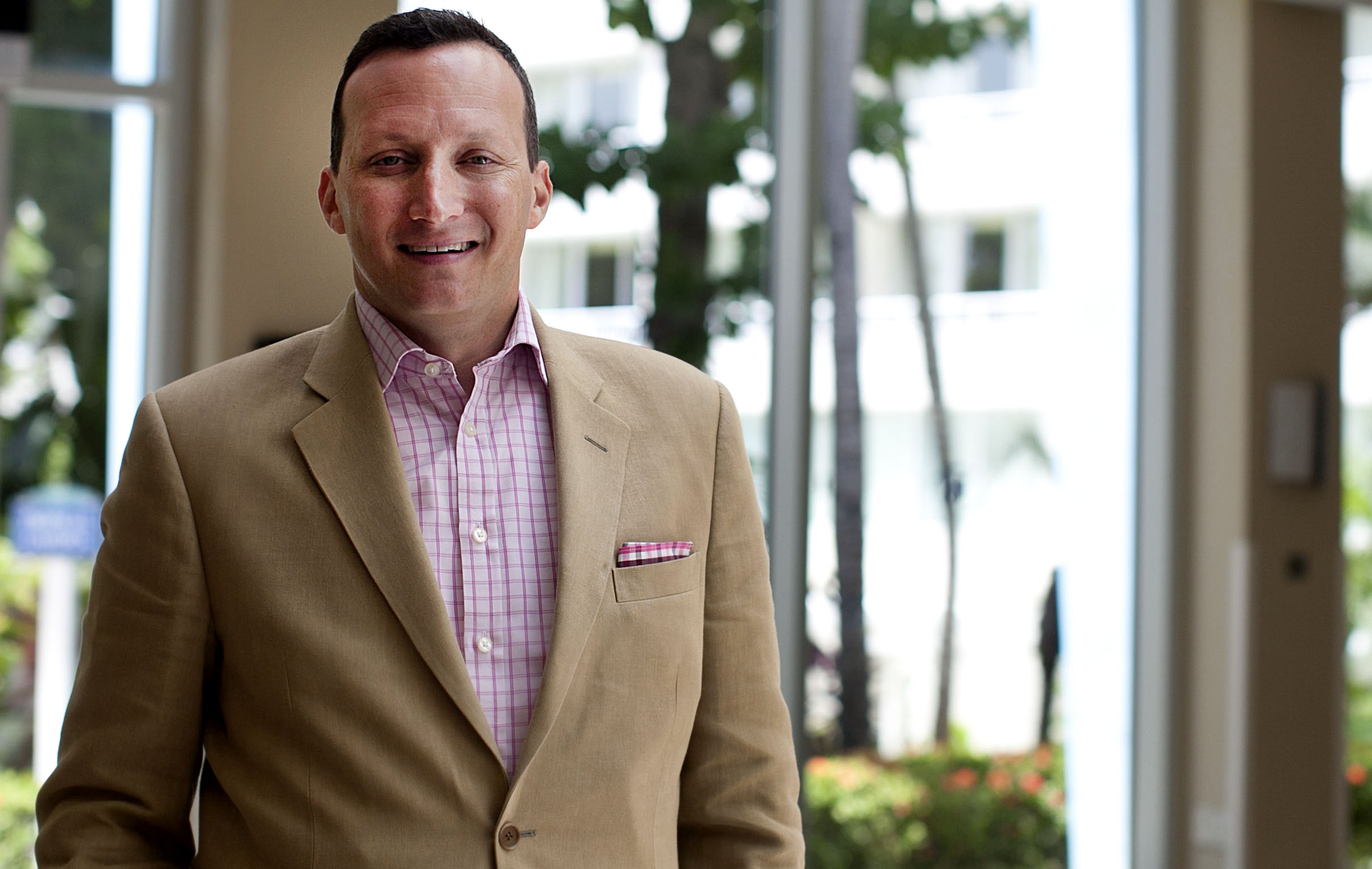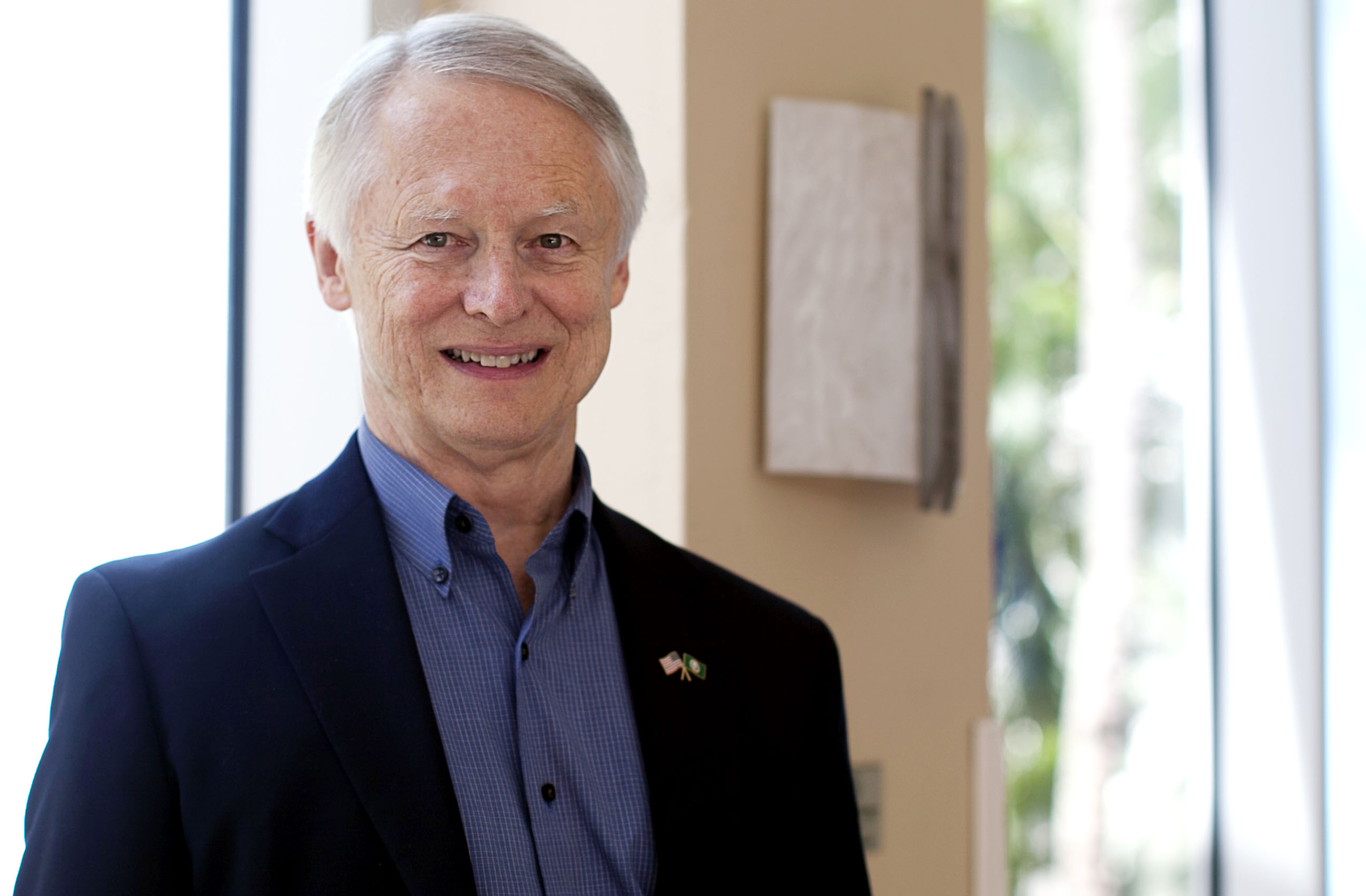We’ve noticed in the News21 newsroom how certain
stories in our search fields stay hot. Part of this
is probably the naturally viral nature of Internet
news, but we’ve enjoyed seeing which stories pop up
and keep buzzing.
Today, that story is a minor item from the Roanoke, Va.,
NBC affilate, WSLS. It’s a story about voter
registration and dead dogs. Or, more specifically,
one particular dead dog whose owner received forms
inviting the pet to register to vote.
The story went viral for a variety of reasons, and
it was picked up by such diverse sources as
conservative blog RedAlert Politics and
political news site, Politico. It also is a story
about supposed voter fraud — even though this
actually is an example of registration fraud, and not
voter fraud — which gets a wide segment of the
conservative Twittersphere riled.
It is also a story about a cute dog with a cute
name, and nothing goes viral like stories about small
animals, especially when those animals are given
anthropomorphic qualities and get all mixed up in
human activities like voting.
A coalition of civil rights organizations
also filed a lawsuit against
Florida this afternoon, alleging that the state’s
removing voters from rolls violates section 2 of the
1965 Voting Rights Act, but wouldn’t you rather read
about the cute dog who would have been eligible to
vote in Virginia if he was a human and hadn’t died
two years ago?
What We’ve Been Reading
“Citizenship mandate challenged,”
(Lyle Denniston, 06/19, SCOTUSBlog)
“Voter Purges,” (Myrna Pérez,
09/30/08, Brennan Center for Justice)
“Civil Rights Groups Sue Florida Over
Voter Purging Lists,” (Brentin Mock, 06/19,
The Nation / Colorlines)
“E-Voting: Trust but Verify,”
(Steve Schneider and Alan Woodward, 06/19,
Scientific American)
“St. Paul jumps in to VoterID
fray,” (Patrick Thornton, 06/19,
MinnLawyerBlog)
“JW Sues Obama Justice Department for
Records Regarding South Carolina’s Voter ID Law,”
(Tom Fitton, 06/19, Breitbart.com /
BigGovernment)
“Punch-Card Voting in Idaho,”
(Pew Center on the States, 06/19)
“Joe Walsh, GOP Congressman,
Introduces New Federal Voter ID Bill,” (Nick
Wing, 06/19, The Huffington Post)
Twitter Trends
As mentioned above, that story about the
voting-age eligible dog in Virginia bounced around
Twitter this morning, particularly after
Politico picked it up. At that point,
several journalists released a collective Twitter
yell complaining about the item’s lack of news
value.
(While we wrote this post, North Carolina’s
conservative Civitas Institute wrote a
blog post warning about the dangers of pet voting.
The story has legs, apparently.)
There are still some latecomers to the Mitt
Romney/#VotingRights party, as users continue to ask
the GOP presidential candidate what he thinks about
the Florida voter roll removal.
The #voterID hashtag also has spiked on social
media search engine Topsy.com, as users mention a
recently introduced federal voter ID bill by U.S.
Rep. Joe Walsh, R-Ill., and the aforementioned
voting-eligble dog.
We’ll be sure to tell you if Mitt Romney replies
to all these tweets, and if the dog is ever
enfranchised. Follow us at @WhoCanVote.



